Franco Macri, the father of President Mauricio Macri and a defining figure within the Argentine business world for at least four decades as an icon of the “contractual fatherland,” died last weekend in his 89th year.
His life began in an entirely different age and continent – born in the spring of 1930 in Rome, at a time when Benito Mussolini was strutting down the corridors of power in the Italian capital.
Yet despite Franco’s Roman birth, the Macris were traditionally a Calabrian landowning family – paterfamilias Giorgio diversified from agriculture into postal services and construction (both sectors later to be pursued by his son in Argentina) with contracts in Italy’s African colonies, while also dabbling in the letters and politics. For the new Italian republic’s first elections in 1946, Giorgio Macri created a party named L’Uomo Qualunque, bent on minimising state economic intervention but it ran afoul of the Zeitgeist, given the recent fascist past and the then strength of the PCI Communist Party.
Franco Macri spent his childhood and most of his teens in fascist and post-war Italy before emigrating to Argentina in 1949 together with two of his seven siblings, Antonio (the father of Jorge Macri, the mayor of Vicente López since 2011) and Maria Pia (who married Antonio Calcaterra). His father had already set up shop here a couple of years beforehand, starting on a building site.
Within two years of his arrival on this soil, without a word of Spanish, Franco Macri had started his own construction company. It would remain small for the next decade or so. During that period, in 1958, he married Alicia Blanco Villegas (the daughter of a household appliances industrialist), with Mauricio born the next year in Tandil as the first of their six children. Following his divorce in 1980 and a brief second marriage, he had various other partners. Ambitions
Franco’s entry into big business came in 1969 (during a military dictatorship) when he partnered with the Italian auto giant Fiat in first, construction (Sideco), and then, cars (Sevel, also manufacturing Peugeots), buying out 85 percent of the Sevel shares from Fiat in 1982 and subsequently reaching an annual invoicing of US$5 billion with 25,000 workers before eventually selling the company in 1999. In 1976 (under another military dictatorship) the formation of the Sociedad Macri (or Socma) holding had announced his ambitions of a multi-sector conglomerate.
The next year he expanded his initially modest construction interests into Iecsa, which was quoted on the Stock Exchange – three decades later with his eldest son Mauricio newly elected City Mayor it was thought appropriate to disassociate the Macri surname from the construction company, which passed to cousin Ángelo Calcaterra and subsequently became embroiled in a scandal-ridden Sarmiento rail underpass partnership with Brazil’s Odebrecht.
Socma continued to expand beyond its core sectors of construction and cars with garbage disposal (Manliba), aviation (Macair, later sold to Avianca in 2017), mobile telephones (Movicom) and the loan company Pago Fácil among the most notable ventures – food, cinema, gas pipelines, railway electrification, roads and bridges were also further areas of an empire reaching into Brazil and Uruguay. It was also Franco Macri who started the business relationship with Donald Trump, which was inherited by his son with both the latter now presidents.
Drawing attention
Undoubtedly the most unfortunate venture was the Post Office, privatised by the Carlos Menem administration to Socma in 1997. Amid the general economic collapse of 2001, Socma started defaulting on its state fees leaving salaries unpaid, prompting then-president Néstor Kirchner to renationalise the Post Office within a month of taking office in 2003.
Few issues illustrate the grieta chasm more clearly than this – Kirchnerite media outlets estimate the Post Office debt of the Macris at 70 billion pesos, while Socma accountants have registered losses of over US$450 billion for this white elephant due to the state not paying its share – but nobody, however, disputes that this investment went wrong.
The first decade of this century (and last of Franco Macri’s active business career) saw him increasingly interested in boosting economic ties with China (which he first visited in 1988), especially in areas like cars and trains. His pioneering role here as a spearhead for the presidencies of Néstor Kirchner and Cristina Fernández de Kirchner led him at times to prefer their continuity to his own son during the electoral year of 2015.
A reconciliation of sorts with his son in their always difficult relationship was achieved in the first half of Mauricio Macri’s term but a hip fracture early in 2018 following two strokes took away his mobility, making his death last weekend anything but sudden.
He was laid to rest this week at the cemetery Jardín de Paz in Pilar. He leaves behind four children, including President Mauricio Macri.







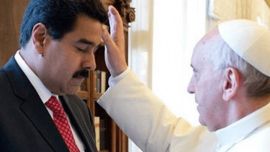
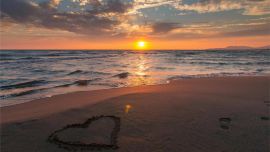







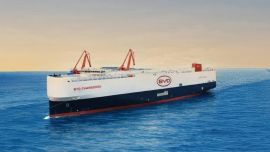
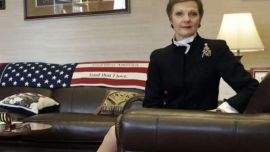


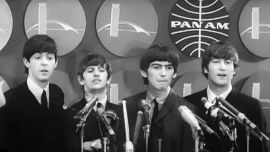
Comments